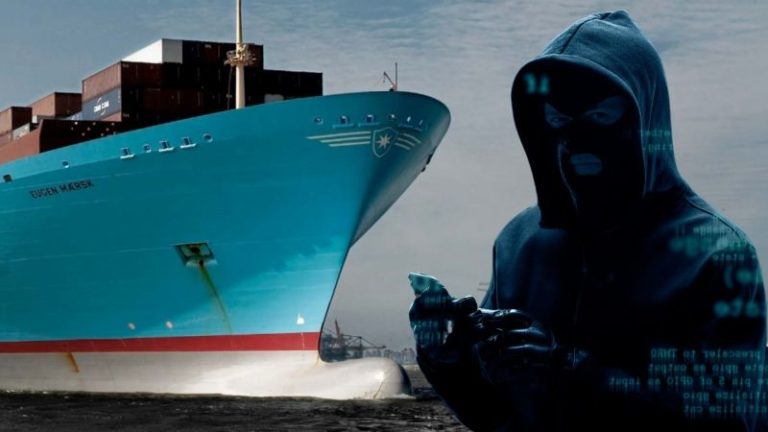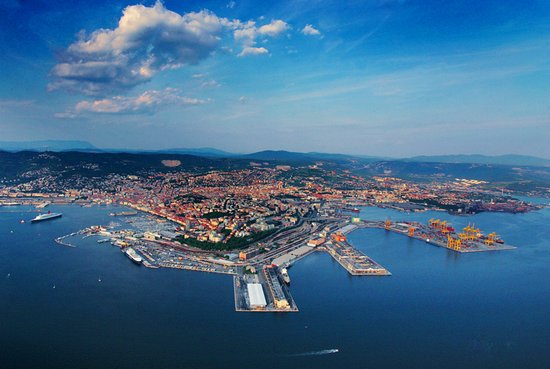The digital age is presenting the maritime industry with an unprecedented challenge: on one hand, there's the necessity to embrace digitalization to enhance efficiency and reduce environmental impact; on the other hand, the growing risk of cyberattacks threatens to hamper this evolution. Gian Enzo Duci, Managing Director of Oceanly, a leading Genoese company in the monitoring of LNG carrier ships, warns about the potential consequences of cyberattacks in maritime freight transport and logistics.
Duci points out that the digitalization of maritime transport is an unstoppable and fundamental process for the future of the sector. However, he also emphasizes that this technological evolution, if not accompanied by adequate security measures, could expose ships, ports, and the entire logistics chain to severe threats. Statistics from the World Shipping Council are alarming: for a maritime operator, the average time to discover a hacker intrusion ranges from 100 to 140 days.
The global fleet, partly still equipped with outdated and vulnerable digital systems, offers hackers a preferential gap for attacks that can have devastating repercussions. From unauthorized acquisition of sensitive data on passenger ships to the control of onboard systems, to the potential paralysis of port operations and logistic-documentary processes, the implications of a cyberattack are multiple and potentially crippling.
Duci highlights a concerning aspect: many cyberattacks, especially those with extortion purposes, are not reported because victims tend to prefer negotiation for data return, often relying on international mediators specialized in such matters. However, in a context of increasing global instability, these attacks could transform into acts of terrorism or, worse still, acts of war, with unimaginable consequences.
The hypothetical example of a cyberattack targeting goods handling systems in a port vividly illustrates the extent of the risk: the consequences could be comparable to those of a bombardment, with catastrophic interruptions of operations. The difficulty of implementing an effective Plan B, once protection systems are bypassed, represents one of the major concerns: the more the digitalization process advances, the less there is the possibility of a return, even temporary, to more traditional management methods.
According to Duci, the solution lies in investing in advanced anti-hacker systems that can not only protect existing infrastructures but also ensure that the digitalization of the maritime sector continues smoothly. The goal is to defend and accelerate technological innovation without neglecting the necessary security measures to prevent attacks that could have devastating effects on the global economy and international security.
In this context of challenge and opportunity, Oceanly's call to the world of shipping and logistics is clear: only through a balanced approach that combines innovation and security will it be possible to successfully navigate the digital age, while simultaneously protecting critical infrastructures from increasingly sophisticated cyber threats.




































































